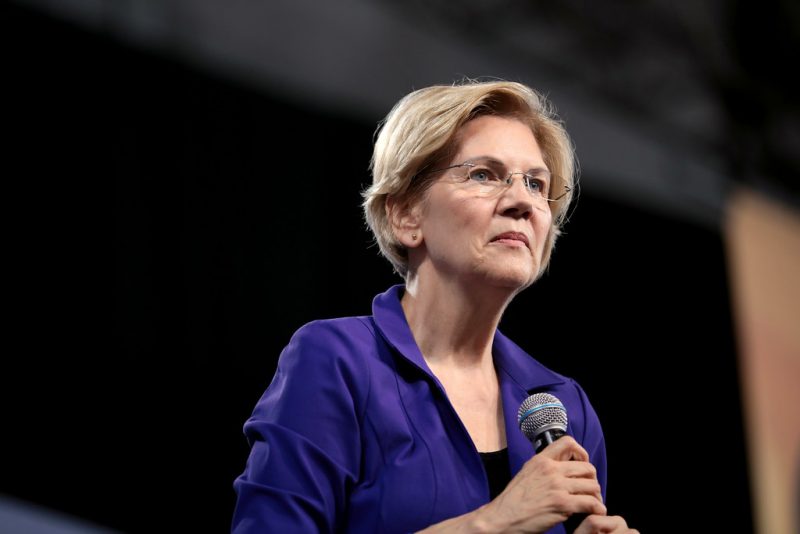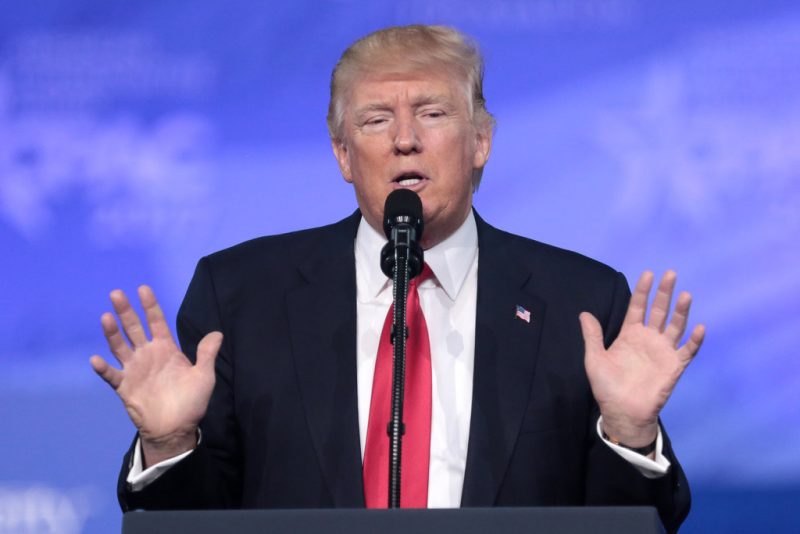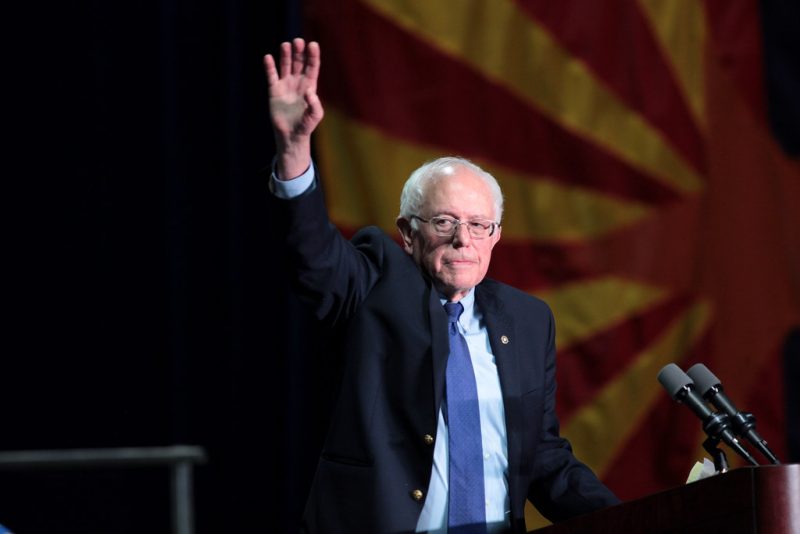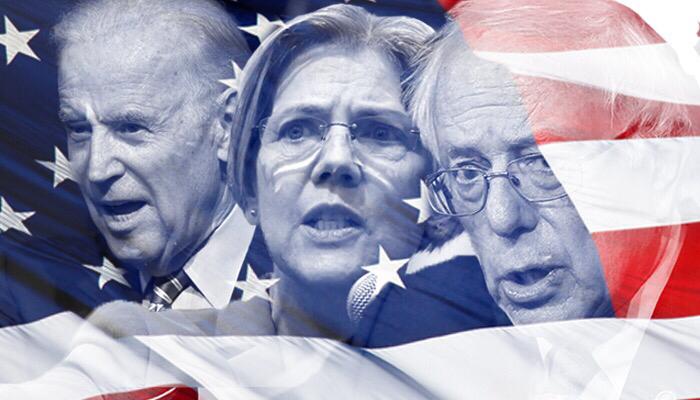The Democratic Party’s first debate among potential presidential candidates took place this week. On November 3, 2020, the presidential elections will be held in the United States, but the race has already begun – President Donald Trump already launched his re-election campaign and the main guidelines of foreign and domestic policy.
Details: a shift to the left
Twenty candidates will take part in the upcoming debates competing to face off against Trump for the presidency. In the debates, each is given 60 seconds to answer questions and 30 to offer rebuttals.
The second round of debates is scheduled for June 30-31, and the third – for September 12-13 (and then every month – in different states and regions).
On the first day, 10 candidates debated (including US Senator from Massachusetts Elizabeth Warren) – they discussed climate problems, Iran, immigration issues (of course, they talked about the sensational picture of the deceased migrant with his daughter), the opioid crisis and health issues.
The main character of the night was, of course, Elizabeth Warren, one of the more well-known candidates. The discourse of the candidates at the first debate show a general shift to the left in the party as a whole. Discussions about health insurance, migration issues (including a proposal to decriminalize entry into the US without proper documents), and issues of tolerance for trans people and ethnic minorities. At the same time, experts note that no one openly went too far to the left or right (neither by way of identity politics, nor socialism), nor did anyone openly call themselves a centrist. Thus, the Democrats came out as chameleons of a slightly more left-wing color.
The strengths and weaknesses of Democrat candidates
According to experts, any forecasts now would be premature. However, it appears none of the politicians are charismatic enough to rally enough people to do serious battle with Trump.
Obviously, much of the establishment is behind Biden, despite that he is not the most successful or popular politician, being much older and much less charismatic than Trump.
At the same time, there is an active portion of the electorate behind Vermont Senator Bernie Sanders including young left-wing Democrats.
Warren`s strong point is that she is a woman and a softer version of Clinton.

Flickr
Again, it is still too early to draw conclusions about the possible course of the 2020 elections. So far, it seems that internal party strife will only weaken the position of the Democratic Party and give Trump an advantage.
Today, a second round of the debates will take place with the remaining 10 candidates, including former vice president Joe Biden, Vermont Senator Bernie Sanders, and mayor of South Bend, Indiana Pete Buttigieg- some of the top candidates. The strong differences in ideology among the candidates will be particularly notable here. The media is already discussing the “ideological evolution” of the Democratic Party, which will be represented in the contest between Biden w and Sanders.
Three-quarters of Democrats believe the government is not active enough in helping poor people (in 1994, only half said so), two-thirds advocated more active involvement in business and criticism of large rich corporations intensified. Criticism against opponents for “racial discrimination” also sharply increased.
However, at the current juncture, the Democrats remain the party of Hillary Clinton and the American Swamp – there has not yet been any real “ideological evolution.”
Arguments against Trump
Democrats will rely on their standard criticisms, including “hate speech”, “misogyny”, “racism”, etc. Essentially, the criticism will be the same as in 2016, only sharper – they will certainly talk more about the alleged “Russian influence” and the Muller report and threaten impeachment. Four years of desire to impeach him has yet to manifest in anything as of yet, and it is unlikely to in the future.
Depending on the candidate, Trump’s pro-business outlook may also serve as a point of criticism.

Flickr
Polls on the eve of the primaries
According to Trump, there are no worthy competitors among the candidates, joking he didn’t see any Winston Churchill’s between them.
Meanwhile, according to a poll by Real Clear Politics, only five of them have a chance to get more than 5% of the vote – Biden, Sanders, Warren, Harris and Buttigieg (also there`s Politico poll).
According to a Morning Consult poll, in the November 3 elections among Democrats, Joe Biden (the Democratic nominee for president) is likely to be Trump’s rival.
According to polls that pit them against each other, Trump would get 33%, and Biden 44%, however, the numbers were even higher for Hillary Clinton who lost.
According to the opinion poll, Democrat Bernie Sanders has quite good chances (perhaps about 42% over Trump’s 32%).

Flickr
According to an alternative Fox News poll, the current head of the White House would lose to the five main candidates from the Democratic Party – if the elections were held now. The Biden-Trump standoff would have ended with a score of 49% – 39%. Bernie Sanders would have won with a score of 49% to 40 %. Elizabeth Warren would trump Trump by two percent, at 43%. Kamala Harris and Pete Buttigieg pulled much closer with Trump: at 42% – 41% and 41% – 40% respectively.

















Leave a Reply